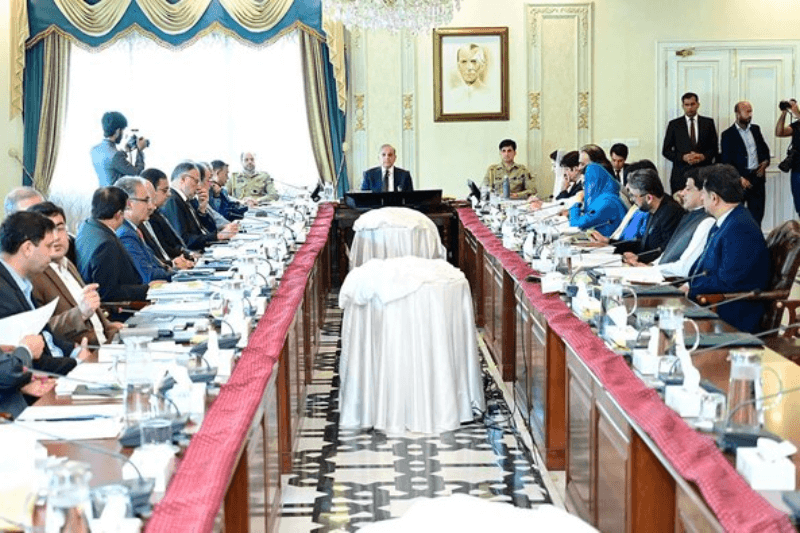
pakistan approves huge development plan to boost growth
Pakistan has okayed a very big national development plan worth Rs 3.79 trillion (USD 13.6 billion) for the next financial year. The authorities in Pakistan, which is facing a cash shortage, are trying to use increased public investment to boost growth in the economy.
High-Level Meeting Approves the Plan
This important decision was taken at a high-level meeting of the National Economic Council (NEC) on Monday. The meeting was chaired by Prime Minister Shehbaz Sharif, and the chief ministers of all four provinces took part in the four-hour-long meeting. This meeting happened just two days before the presentation of the budget for 2024-25 on Wednesday.
Massive Increase in Development Funding
The meeting approved a massive increase of more than 47 percent in the federal Public Sector Development Programme (PSDP) to Rs 1.4 trillion compared to the current year’s Rs 950 billion. This Rs 1.4 trillion total federal PSDP would also include foreign financing of Rs 316 billion. If other Rs 100 billion public-private partnership (PPP) projects are included, the federal development programme goes up by 58 percent or Rs 1.5 trillion.
Additional Investments and Provincial Plans
Additionally, state-owned entities will invest Rs 197 billion in development activities, taking the total size to Rs 1.697 trillion. The NEC also approved provinces’ combined annual development plans worth Rs 2.095 trillion. It agreed to continue funding ongoing high-priority provincial projects with over 80 percent completion status to discourage such projects from reaching the federal budget in future.
Controversial Parliamentarians’ Schemes
The NEC made a fresh allocation of Rs 75 billion for the controversial parliamentarians’ schemes called the “Sustainable Development Goals Achievement Programme.” This is almost 23 percent higher than the revised expenditure of Rs 61 billion under this head during the current year. These constituency-based schemes are considered problematic as local lawmakers are authorized to allocate funds for development projects, and successive governments promised to abolish them but without any success.



